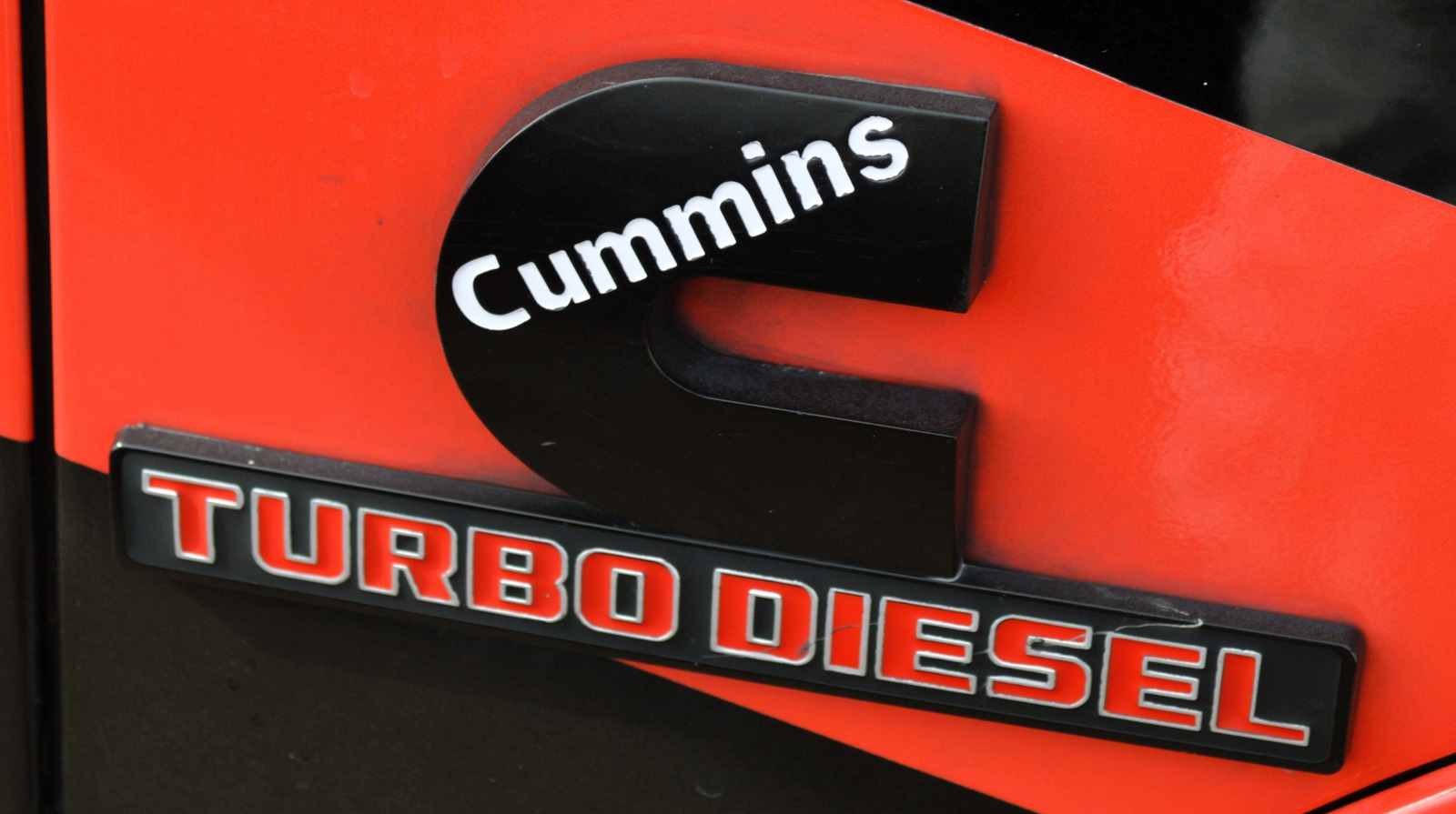There are few critical choices to make in terms of the latest heavy-duty trucks, such as whether you should opt for a 6.4 HEMI or a 6.7 Cummins for your RAM 2500 engine. But one of the less-talked-about components of a diesel engine like the Cummins, is the CCV filter system. A CCV filter, or crankcase ventilation filter, isn’t unique to the 6.7-liter Cummins engine, but it’s also a common feature on the Duramax diesel and Ford’s Power Stroke diesel engine.
Advertisement
The CCV filter is a means of protecting your engine, and it also falls under the scope of emissions regulation systems. When combustion occurs in an engine, there are additional gasses produced which can travel out of the cylinders toward the crankcase. The CCV filter allows these excess gases to vent and in turn reduces the pressure buildup, while ensuring contaminants don’t gum up the crankcase. Without a means to siphon off pressure within the crankcase, additional strain would be placed on the seals and gaskets leading to a possible oil leak. Not replacing your filters regularly is one of the bad habits that might be ruining your diesel engine.
The contaminants that travel toward the crankcase following combustion include diesel particulate, oil droplets, soot, and other vapors which are considered pollutants when released into the air. In 2007, the EPA mandated diesel engine trucks to include a crankcase breather or filtering system. The recommended replacement interval for a CCV filter on a 6.7-liter Cummins turbo diesel is 67,500 miles.
Advertisement
What happens if you neglect to change the CCV filter?
The CCV filter must be replaced on a regular basis because it can become clogged with oil, among other particulates. Once the filter has become too saturated to allow adequate airflow, excess pressure can build. Since the crankcase must vent additional pressure created by gasses not utilized during combustion, once that filter is dirty, leaks can develop as a result of failing crankshaft seals.
Advertisement
In addition to the recommended 67,500 miles CCV filter replacement schedule, you might also see a Perform Service indicator light up on your dash, which highlights the need for a replacement CCV filter as well as other regular maintenance tasks. However, there are also other ways to identify if your CCV filter may be clogged, such as excessive blowby.
What is blowby on a diesel engine? In simple terms, blowby describes excess pressure leaking into areas it’s not supposed to. While no engine experiences zero blowby, there are some simple tests to determine if your 6.7 Cummins is experiencing too much. For example, with the engine idling, unscrew your oil cap and place it upside down on the oil tube. If pressure underneath the oil cap is great enough to cause it to be blown off its position, the crankcase pressure is far too high.
Advertisement
